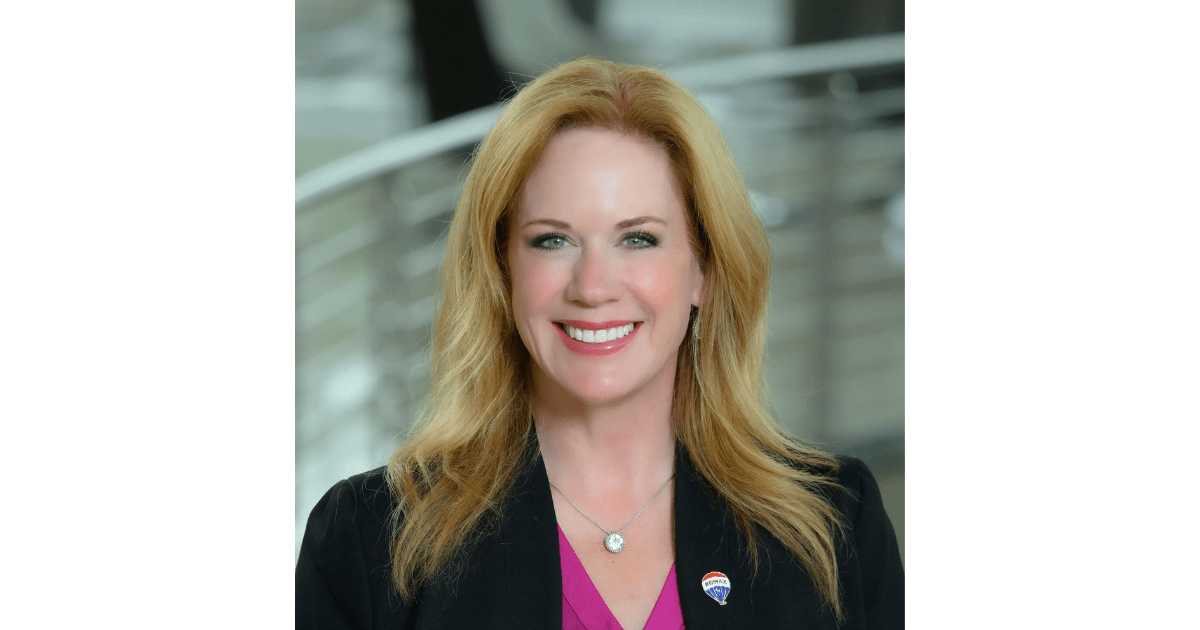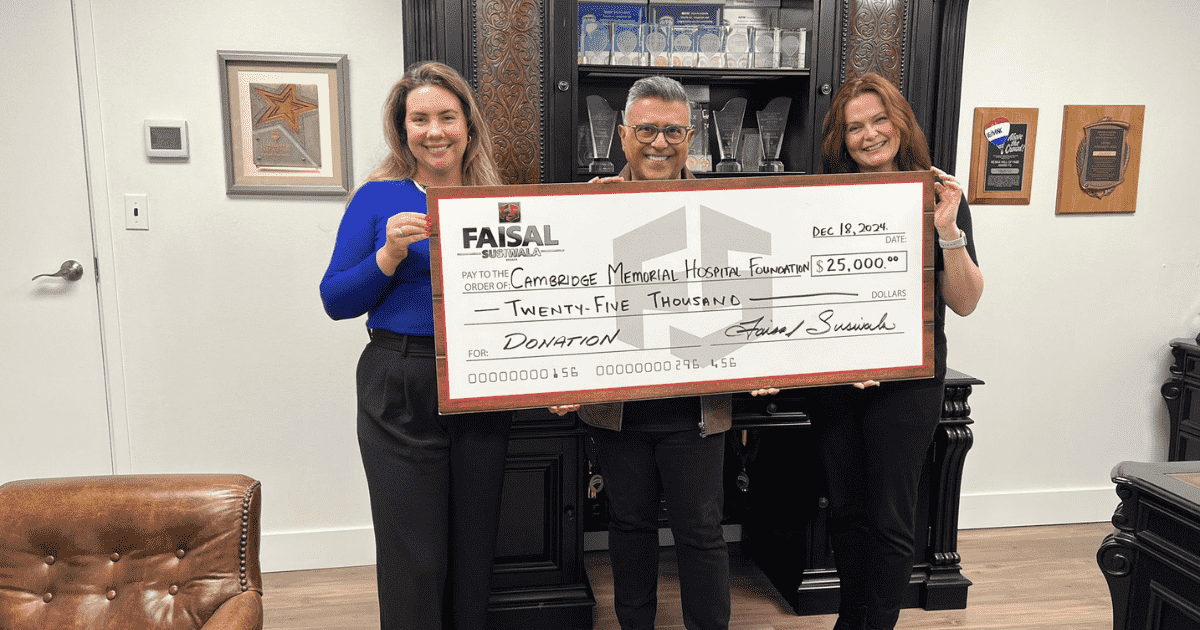I just got back from meeting with oncology doctors. (No, not for me)
A dear friend was recently diagnosed with cancer and invited me to accompany her at the pre-op consultation with the surgeon. She’s a sweet silver-haired lady who is quite alone. I’ve known and loved her for decades and was absolutely willing to support her through this.
I gladly flew right over. (Literally – she lives out of province.)
At the appointment, we sat on hard chairs in a sterile white room, waiting for the surgeon to arrive and tell us what to expect. My friend was nervous. Who wouldn’t be? We were about to discuss removing parts of her body to save her life.
We didn’t know if it would work.
If she needed chemo afterward, how would that impact her body? Her life? Her hair?
What were her chances?
Together we’d made a list of questions, which she held in her hands.
Finally the door opened, and a woman walked in. She looked to be in her early 40s, and was dressed in fine, fitted clothing. She smiled warmly at us, and explained she was a member of the surgeon’s team.
The team? We didn’t come to talk to anyone but the surgeon, which is what was discussed at the previous meeting. We wanted to talk to the person who would be holding the scalpel.
“I know you were expecting the surgeon, but she’s with another patient. I’m here to go over any questions you have.” The warmth of her smiled seemed to fade.
My friend and I looked at each other, concerned and disappointed. The next appointment would be the surgery, and we needed some answers.
“Look, I flew in yesterday for this,” I explained. “We’ve come to see the surgeon.”
“I’ll try…” she said.
We looked at the list (only eight questions) still in my friend’s hand and began asking the questions.
The whole time, we both felt like the doctor in front of us didn’t really care. She was listening and responding, but we felt unheard. Misunderstood. Uncared for. More like we were an imposition asking these all-important questions. That’s concerning when the doctor’s primary job is to take care of you. Especially in such a state of physical danger and emotional upheaval. After all, this was a pre-op appointment. As a physician, one would think every patient that comes through those doors has questions.
By the time we got to the fifth question, her initially warm smile had long faded with an expression that said, “Can I leave now, I have other patients to see.”
“Yes, you can eat whatever you want the day before the surgery. Just don’t eat or drink after midnight,” she responded.
Her answers were getting shorter. And shorter. Clipped.
Then the doctor leaned forward in her chair and snatched the list of questions right out of my friend’s hand. Not asked…. just tugged it out!
Wuuuut? Did she really just rip a notepad out of a little old lady’s hands?
“Here. I’ll write down the answers to these other questions,” she said as she started scrawling on the notepad.
Apparently, she didn’t want to pretend to listen to us anymore.
Once she finished scrawling, she got up, approached the door and said she would ask the surgeon if she could come in.
“Thank you, we’d like to see the surgeon,” I said.
“It may take some time,” the doctor said.
“I’m here. I’ve got time. I don’t fly out until tomorrow morning.” I was not about to budge. We were going to see the surgeon that day if we had to follow her to the parking lot.
Soon after, the surgeon came in. She was an older woman, with greying hair, and she was dressed conservatively. She walked in with an air of professionalism, confidence, genuineness and absolute calm.
Just her presence made us feel much better.
We reviewed our questions with her. She listened intently, answered and listened some more. She nodded, was attentive and at no point grabbed anything from anyone’s hands nor indicated we were an imposition.
Basically, she was awesome.
At the end of the appointment, my friend and I finally felt heard, reassured and satisfied.
My friend could now face the emotional and physical hurdles without the added worry of an uncaring doctor.
The whole thing made me think of my real estate clients.
Buying and selling a home is emotionally taxing, and we all have our list of questions going in.
As a real estate professional, my role is to listen, answer and listen some more. My role is to understand and care about more than just the cold hard transaction. Sometimes I feel like a counselor.
A transaction is a transaction. They are very similar and the paperwork is repetitive.
But the people with their dreams, goals, emotions and motivations are new every time. That’s the part we can’t overlook.
The whole insensitive doctor thing was a good reminder to me of how important it is to treat people as valued, special people – every time.
If we think for a moment that people are all the same, our hearts will grow cold.
We’ll stop caring. When that happens, people can tell.
Jeff Stern, a 27-year real estate veteran with Re/Max Performance Realty in Winnipeg, received the 2017 CMHC/MREA Distinguished Realtor Award. He is an instructor for the Provincial Real Estate Licensing program, a member of the Education Committee and sits on the Professional Standards Investigation and Hearing Committee at MREA. He gives back to the community as chair of the MREA Shelter Foundation and writes stimulating and enlightening articles on his blog. The opinions expressed are those of Jeff Stern and not the Manitoba Real Estate Association.












